Business
Placing SL as a world class logistics hub: the challenges
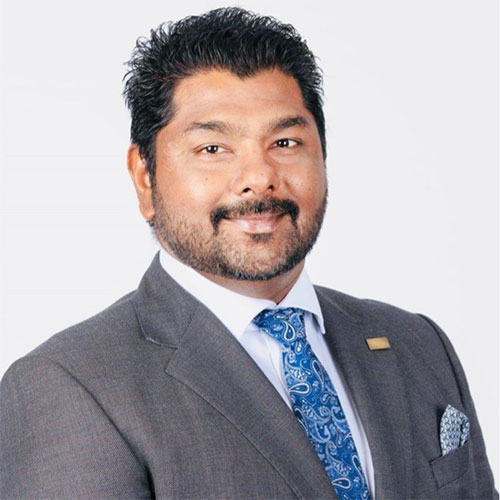
By Lynn Ockersz
‘Sri Lanka’s proximity to emerging and developing markets and its already developed air and seaports in Colombo and Hambantota gives it a unique opportunity to be the next leading logistics hub in the region, with the potential to overtake Singapore and Dubai, if the cards are played right and the right governance and Ease of Doing Business regulations are handled sensibly, logistics and supply chain specialist Sanjeeva Abeygoonewardena (SA) said.
Abeygoonewardena made the above observation, among several others, while presenting an issues paper on Sept. 18 at a Sri Lanka Innovators’ Forum, functioning under the aegis of the Gamani Corea Foundation, Colombo. The event was chaired by the chairman, Gamani Corea Foundation Dr. Lloyd Fernando and was held at the BMICH. The paper was titled, ‘Shipping & Logistics, the Promising Frontier – Innovation-led Logistics Hub.’
Responses to SA’s paper came from a panel of specialists in logistics and allied disciplines, representing the state and private sectors, with Prof. Amal Kumarage, chairman, Chartered Institute of Logistics & Transport, Sri Lanka, functioning as moderator. The rest of the panelists were: Messrs. Rohan Masakorale, Krishantha Fernando, K.D.S. Ruwanchandra, Ports and Shipping Ministry Secretary, and Ted Muttiah.
Some of the recommendations made by SA for the elevation of Sri Lanka as a number one logistics hub were as follows:
Establishment of rail and water networks from the seaport that will enhance and support the strength of Sri Lanka’s local connectivity.
Establishment of an International Maritime Centre, providing services for ship management operations and other value-added activities that will pull liners to Sri Lanka.
Sea-air hub connectivity must be streamlined, enhancing the efficiency of a single customs bonded platform via the single window concept.
More advanced abilities leveraging AI robotics and frontier technology to provide more value-added services at the hubs to support single-window and trade facilitation portals.
Skilled logistics professionals and an educated workforce through a Maritime and Logistics Campus will boost the growth of the local logistics industry.
Governance framework through a Collaborative Council of private-public officials who will act as custodians to carry out the national roadmap as a national logistics and transport services policy.
Invest in a consulting firm that can facilitate a capacity-building programme on improving Ease of Doing Business, Economic Freedom, Logistics Performance Index and Corruption Perception Index across schoolchildren and business councils that will create better awareness for the future.
A point that was emphasized by most panelists and participants in the lively and wide-ranging forum that followed the presentation of the paper was the need for the Sri Lankan polity to think beyond self and short term interests. There is an urgent need to prioritize the future well- being of the country over the gratification of immediate, selfish interests.
Rohan Masakorale, among other things, focused on the problem of bribery and corruption. It is difficult to achieve anything without greasing palms. There is also no leadership worth speaking of in Sri Lanka, he pointed out. These problems need to be eliminated. Local education needs to be upgraded and we need to achieve the standards obtaining in countries such as Singapore. His views found resonance with many in the audience.
Krishantha Fernando drew attention to the fact that local logistics development plans have a short term focus. There is a need to eliminate paper work in this context and to fast track planning processes. The Port Community system is vital he pointed out, among other things. K.D.S. Ruwanchandra pointed to the need for a system change in the logistics development field. In this context, the state agencies are working in a ‘crisis situation’. The proper legal frame work is being evolved by the state to resolve outstanding issues in this connection. Capacity improvements are being prioritized in the logistics field. There are considerable problems in most public spheres that need resolving.
Ted Muttiah stressed, besides other things, that although much has been achieved in the logistics field in the past there is a need to bring them all together, going forward. It was pointed out that port capacity takes years to build.
Dr. Lloyd Fernando questioned as to whether the country has a national plan. Do we have an effective system of governance? However, we need a holistic approach to national development. A prime need in this connection is to evolve a holistic plan within the logistics sector which would in turn be connected to a national plan.
Business
IMF staff team concludes visit to Sri Lanka
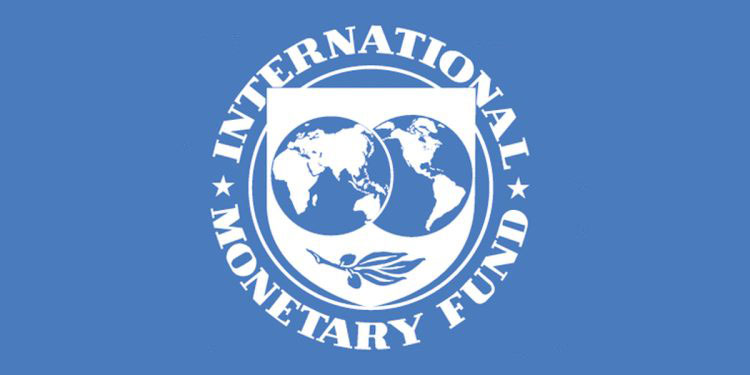
An International Monetary Fund (IMF) team led by Evan Papageorgiou visited Colombo from April 3 to 11, 2025. After constructive discussions in Colombo, Mr. Papageorgiou issued the following statement:
“Sri Lanka’s ambitious reform agenda supported by the IMF Extended Fund Facility (EFF) continues to deliver commendable outcomes. The post-crisis growth rebound of 5 percent in 2024 is impressive. Inflation declined considerably in recent quarters and has fallen to ‑2.6 percent at end-March 2025. Gross official reserves increased to US$6.5 billion at end-March 2025 with sizeable foreign exchange purchases by the central bank. Substantial fiscal reforms have strengthened public finances.
“The recent external shock and evolving developments are creating uncertainty for the Sri Lankan economy, which is still recovering from its own economic crisis. More time is needed to assess the impact of the global shock and how its implications for Sri Lanka can be addressed within the contours of its IMF-supported program.
“The government’s sustained commitment to program objectives is ensuring policy continuity and program implementation remains strong. Going forward, sustaining the reform momentum is critical to safeguard the hard-won gains of the program and put the economy on a path toward lasting macroeconomic stability and higher inclusive growth.
“Against increased global uncertainty, sustained revenue mobilization efforts and prudent budget execution in line with Budget 2025 are critical to preserve the limited fiscal space. Boosting tax compliance, including by reinstating an efficient and timely VAT refund mechanism, will help contribute to revenue gains without resorting to additional tax policy measures. Avoiding new tax exemptions will help reduce fiscal revenue leakages, corruption risks and build much needed fiscal buffers, including for social spending to support Sri Lanka’s most vulnerable. Restoring cost recovery in electricity pricing will help minimize fiscal risks arising from the electricity state-owned enterprise.
“The government has an important responsibility to protect the poor and vulnerable at this uncertain time. It is important to redouble efforts to improve targeting, adequacy, and coverage of social safety nets. Fiscal support needs to be well-targeted, time-bound, and within the existing budget envelope.
“While inflation remains low, continued monitoring is warranted to ensure sustained price stability and support macroeconomic stability. Against ongoing global uncertainty, it remains important to continue rebuilding external buffers through reserves accumulation.
“Discussions are ongoing, and the authorities are encouraged to continue to make progress on restoring cost-recovery electricity pricing, strengthening the tax exemptions framework, and other important structural reforms.
“The IMF team held meetings with His Excellency President and Finance Minister Anura Kumara Dissanayake, Honorable Prime Minister Dr. Harini Amarasuriya ; Honorable Labor Minister and Deputy Minister of Economic Development Prof. Anil Jayantha Fernando, Honorable Deputy Minister of Finance and Planning Dr. Harshana Suriyapperuma, Central Bank of Sri Lanka Governor Dr. P. Nandalal Weerasinghe, Secretary to the Treasury Mr. K M Mahinda Siriwardana, Senior Economic Advisor to the President Duminda Hulangamuwa, and other senior government and CBSL officials. The team also met with parliamentarians, representatives from the private sector, civil society organizations, and development partners.
“We would like to thank the authorities for the excellent collaboration during the mission. Discussions are continuing with the goal of reaching staff-level agreement in the near term to pave the way for the timely completion of the fourth review. We reaffirm our commitment to support Sri Lanka at this uncertain time.”
Business
ComBank unveils new Corporate Branch at Head Office
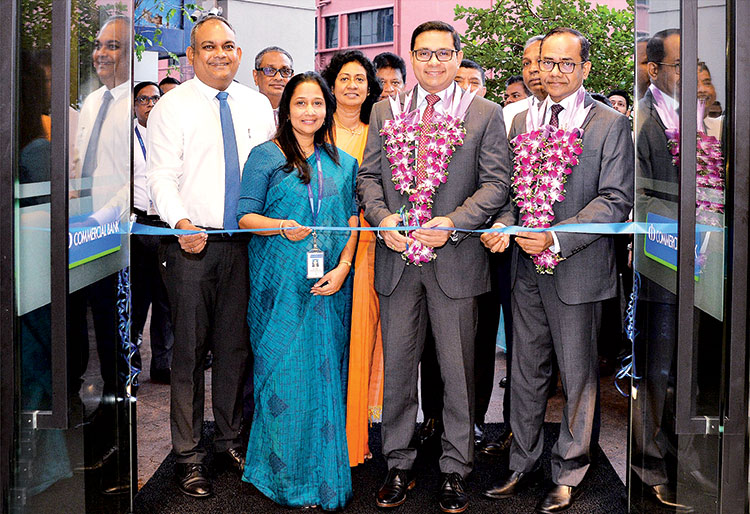
The Commercial Bank of Ceylon has transformed its iconic ‘Foreign Branch’ into the ‘Corporate Branch,’ reaffirming its commitment to delivering dedicated, comprehensive financial solutions to corporate and trade customers.
The Bank said this transformation represents a new milestone in its illustrious journey, and resonates with the rich commercial heritage of Colombo, a city that has long served as a vital trading hub in the region.
Strategically located at the Bank’s Head Office at Commercial House, 21, Sir Razeek Fareed Mawatha (Bristol Street), Colombo 1, this rebranded Corporate Branch stands as a first of its kind in Sri Lanka —a premier financial hub tailored exclusively to the needs of corporate customers, the Bank said. The transformation aligns with the Bank’s vision of providing unparalleled service excellence, bespoke financial solutions, and fostering long-term business partnerships.
Commenting on this strategic initiative, Commercial Bank’s Managing Director/CEO Sanath Manatunge stated: “It is our aspiration that just as the historic Delft Gateway, at which our Head Office is located, once opened the path to the Dutch Fort, our Corporate Branch will chart a new era of enduring and prosperous business collaborations, that will extend beyond Sri Lanka’s shores.”
Business
Fits Retail and Abans PLC Unveil Exclusive DeLonghi Premium Coffee Experience
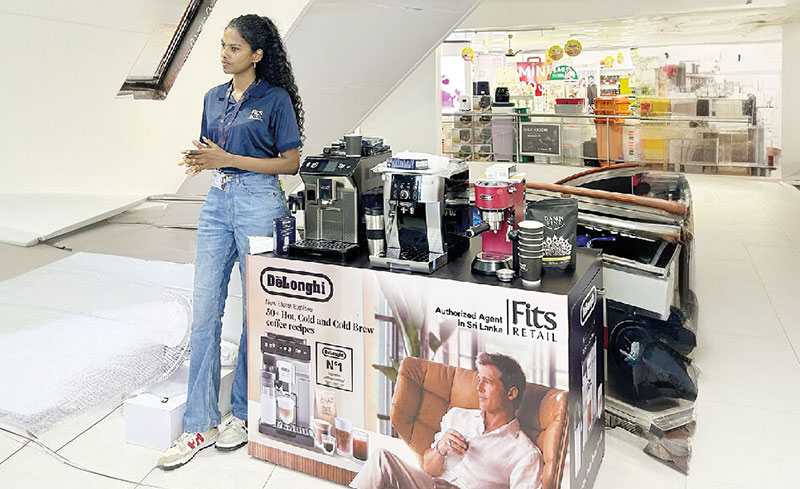
Fits Retail has partnered with retail giant Abans PLC to showcase the iconic DeLonghi coffee machines at two of Colombo’s most prestigious locations: Abans Elite Colombo 3 and Abans Havelock City Mall showrooms.
At these dedicated demonstration zones, visitors can discover the unparalleled precision engineering and user-friendly technology that have made DeLonghi machines the preferred choice for discerning coffee lovers in more than 46 countries worldwide. Renowned for consistently delivering café-quality espresso, cappuccino, and even specialty cold brews, DeLonghi machines exemplify Italian innovation at its finest.
Yasas Kodituwakku, CEO of Fits Retail, expressed excitement about the collaboration: “This partnership represents our unwavering commitment to bringing global coffee excellence to Sri Lankan connoisseurs. With Abans PLC, we’re creating more than just demonstration spaces; we’re curating premium destinations for an authentic coffee experience.”
“As pioneers of premium lifestyle experiences in Sri Lanka, our collaboration with Fits Retail aligns seamlessly with our vision of elevating everyday moments into exceptional experiences,” said Tanaz Pestonjee, Director Business Development at Abans PLC.
-

 News4 days ago
News4 days agoSuspect injured in police shooting hospitalised
-

 Features5 days ago
Features5 days agoRobbers and Wreckers
-

 Features7 days ago
Features7 days agoSri Lanka’s Foreign Policy amid Geopolitical Transformations: 1990-2024 – Part III
-

 Midweek Review7 days ago
Midweek Review7 days agoInequality is killing the Middle Class
-

 Business4 days ago
Business4 days agoSanjiv Hulugalle appointed CEO and General Manager of Cinnamon Life at City of Dreams Sri Lanka
-

 Business6 days ago
Business6 days agoNational Anti-Corruption Action Plan launched with focus on economic recovery
-

 Features3 days ago
Features3 days agoLiberation Day tariffs chaos could cause permanent damage to US economy, amid global tensions
-
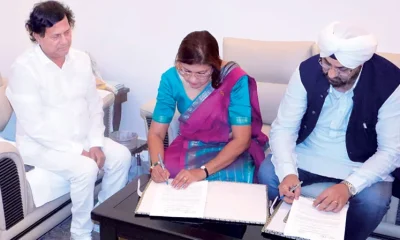
 News7 days ago
News7 days agoIChemC signs MoU with KIIT, India











